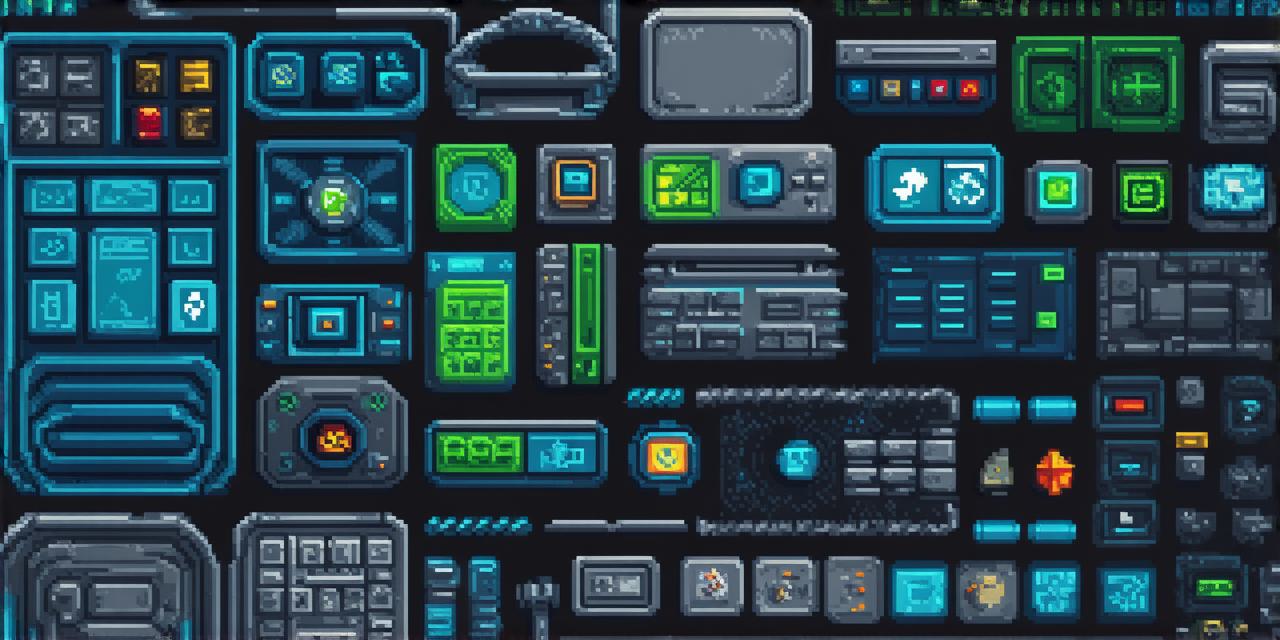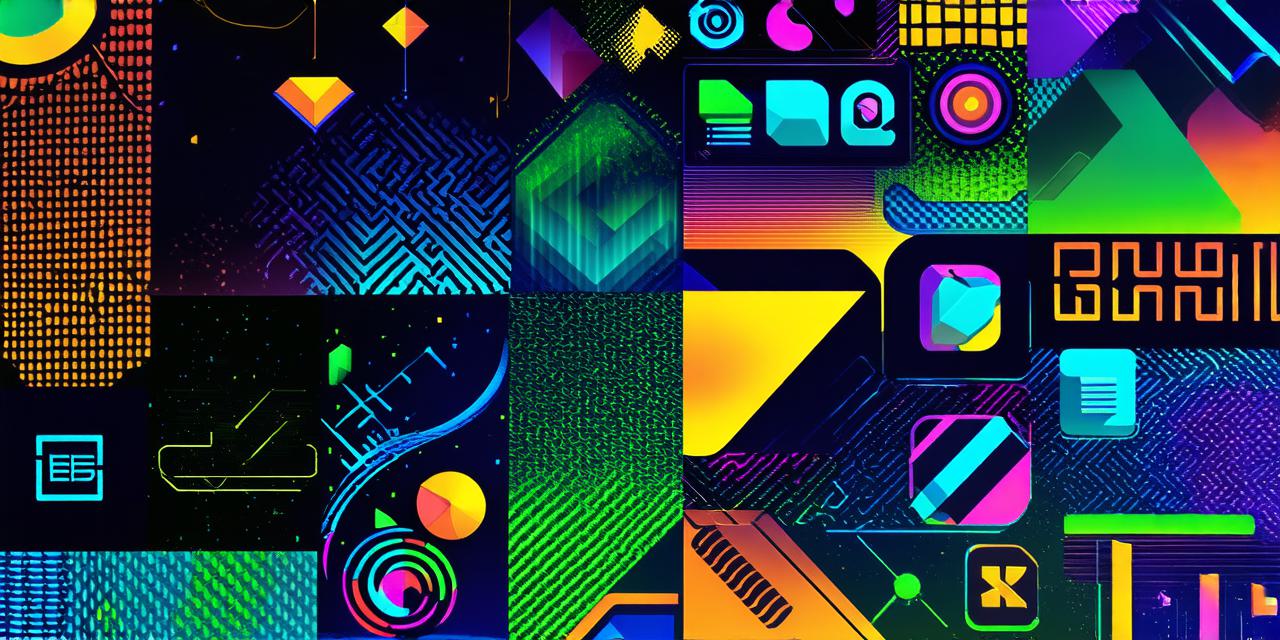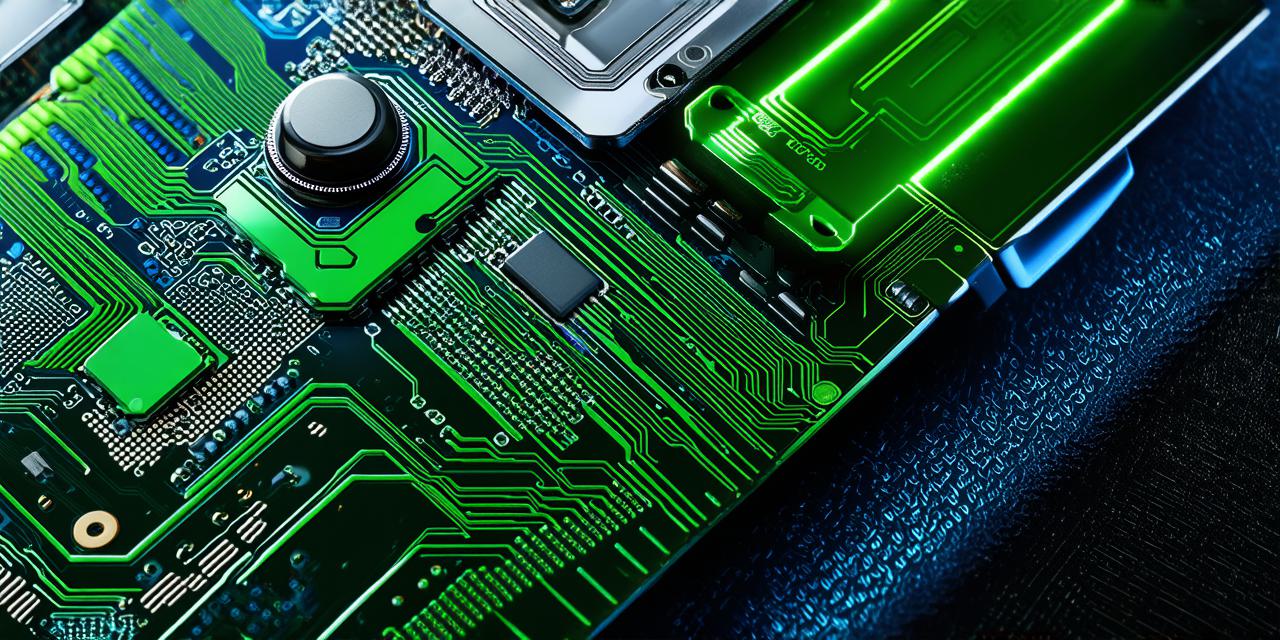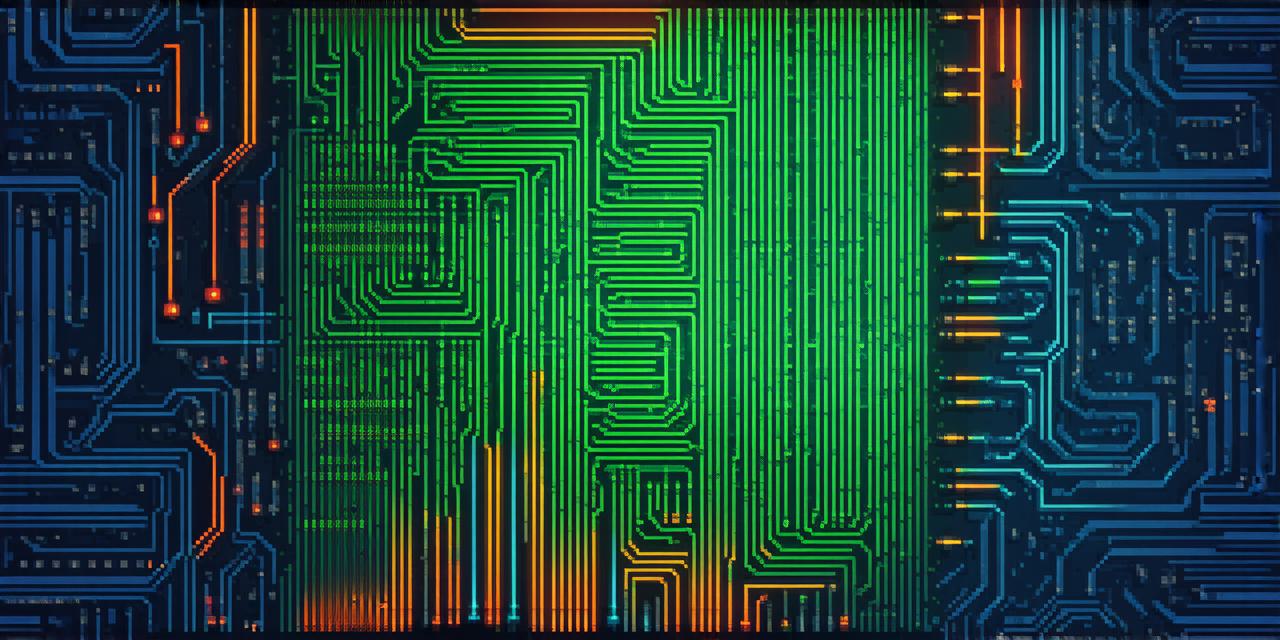1. Problem-Solving Skills
As mentioned earlier, games are complex systems with many moving parts, and problems can arise at any time during the development process. A good developer needs to be able to identify the root cause of a problem, come up with multiple solutions, and choose the best one based on factors such as feasibility and impact.
For example, a game may have a bug that causes it to crash randomly. The first step is to isolate the issue and narrow down the possible causes. From there, you can try different fixes and evaluate their effectiveness. It’s important to be able to think creatively and outside the box when dealing with complex problems like this.
Problem-solving skills are also important for game designers who need to create engaging and challenging gameplay experiences. They need to be able to identify potential issues and come up with solutions that enhance the player’s experience without making it too difficult or frustrating.
1. Communication Skills
Communication is key in game development. Whether you are working on a team or collaborating with external partners, it’s important to be able to articulate your ideas clearly and effectively. This includes being able to listen actively and provide constructive feedback.
For example, if you are working with a sound designer on a new game, you need to be able to explain the mood and atmosphere you want to achieve through the music. The sound designer will then use their skills to create the perfect soundscape that enhances the gameplay experience. Good communication also involves being able to work well in a team environment and give and receive feedback constructively.
Effective communication is particularly important for project managers who need to keep everyone on track and ensure that all deadlines are met. They need to be able to clearly convey their expectations and provide regular updates on the project’s progress.
1. Adaptability and Flexibility
The game development industry is constantly changing, with new technologies and tools emerging all the time. A good developer needs to be able to adapt to these changes and learn new skills quickly. This requires a willingness to take on new challenges and embrace change.
For example, if a new programming language becomes popular in the industry, a good developer will want to learn it and incorporate it into their skillset. They will also be open to trying out new tools and platforms that can help streamline the development process.
Adaptability is particularly important for game designers who need to create games that are compatible with different devices and platforms. They need to be able to adapt their designs to fit the specific requirements of each platform, such as mobile vs desktop or console vs PC.
1. Creativity and Innovation
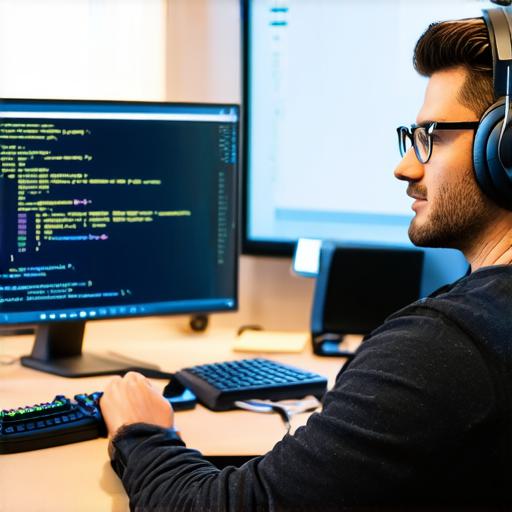
Creativity and innovation are essential skills for game developers. Games are a form of entertainment, and players expect something unique and engaging. A good developer needs to be able to think outside the box and come up with new ideas that will keep players engaged and coming back for more.
For example, a game developer working on a first-person shooter might come up with a new weapon system that allows players to create their own custom weapons by combining different parts. This would add a unique twist to the gameplay experience and keep players interested.
Creativity is also important for level designers who need to create engaging and challenging levels that keep players coming back for more. They need to be able to think creatively about how to use different game mechanics and elements to create an immersive and enjoyable experience.

1. Time Management and Prioritization
Game development is a time-consuming process, and it’s easy to get sidetracked by small tasks or distractions. A good developer needs to be able to manage their time effectively and prioritize tasks based on their importance and impact.
For example, if you are working on a game with a strict deadline, you will need to break down the project into smaller tasks and set milestones. You will also need to prioritize tasks based on their impact on the overall project and allocate resources accordingly.
Time management is particularly important for game designers who need to balance multiple projects at once. They need to be able to prioritize tasks based on their importance and manage their time effectively to ensure that they meet all deadlines.
Conclusion
In conclusion, there are many essential skills for successful game development, but these five stand out as some of the most important. By developing problem-solving skills, improving communication, being adaptable and flexible, fostering creativity and innovation, and managing time effectively, you can set yourself apart from the competition and increase your chances of success in this highly competitive field. With hard work, dedication, and a willingness to learn and grow, anyone can become a successful game developer.
